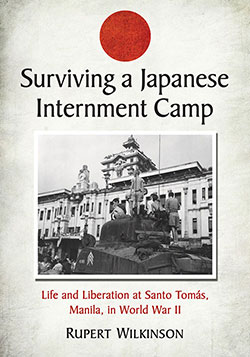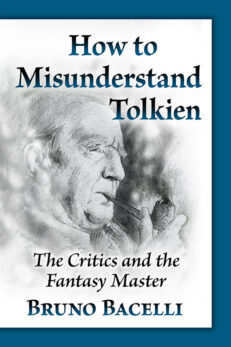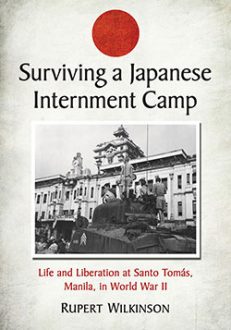Surviving a Japanese Internment Camp
Life and Liberation at Santo Tomás, Manila, in World War II
$29.95
In stock
About the Book
During World War II the Japanese imprisoned more American civilians at Manila’s Santo Tomás prison camp than anywhere else, along with British and other nationalities. Placing the camp’s story in the wider history of the Pacific war, this book tells how the camp went through a drastic change, from good conditions in the early days to impending mass starvation, before its dramatic rescue by U.S. Army “flying columns.” Interned as a small boy with his mother and older sister, the author shows the many ways in which the camp’s internees handled imprisonment—and their liberation afterwards.
Using a wealth of Santo Tomás memoirs and diaries, plus interviews with other ex-internees and veteran army liberators, he reveals how children reinvented their own society, while adults coped with crowded dormitories, evaded sex restrictions, smuggled in food, and through a strong internee government, dealt with their Japanese overlords. The text explores the attitudes and behavior of Japanese officials, ranging from sadistic cruelty to humane cooperation, and asks philosophical questions about atrocity and moral responsibility.
About the Author(s)
Bibliographic Details
Rupert Wilkinson
Format: softcover (7 x 10)
Pages: 248
Bibliographic Info: 46 photos, 2 maps, appendices, notes, bibliography, index
Copyright Date: 2014
pISBN: 978-0-7864-6570-5
eISBN: 978-1-4766-1218-8
Imprint: McFarland
Table of Contents
Table of Contents
Acknowledgments ix
Introduction: Telling the Santo Tomás Story 1
1. War Clouds Over Eden 9
2. Internment 24
3. A Porous Prison 35
4. Dorms, Shanties, and Sex 49
5. “Cheer Up! Everything’s Going to Be Lousy” 68
6. Child’s Play 82
7. Power: The Japanese 94
8. Power: The Internees 104
9. Hunger 116
10. Threat vs. Hope 132
11. “They’re Here!” 143
12. Aftermath 157
13. Significance 178
Appendix I: Chronology 193
Appendix II: The Camp’s “Ten Commandments” 198
Appendix III: The Literature of Santo Tomás 200
Notes 203
Bibliography 221
Index 229
Book Reviews & Awards
“perhaps the best book we have ever read on the civilian POW’s in Wold War II Philippines…this book is rated four stars”—Military Bookshelf; “Wilkinson has produced a compact, eminently readable, thoroughly sourced and documented account of a neglected aspect of captivity during World War II. He clarifies how internees survived their ordeal in Santo Tomas and how the imprisonment experiences of Allied soldiers differed from those of civilians. Surviving a Japanese Internment Camp does a valuable service by opening promising new lines of inquiry for students and historians of World War II in the Philippines.”—Michigan War Studies Review; “Wilkinson’s discussion presents a fascinating window into the lives of internees…a wonderful work on a marginalized subject and a worthy addition to the bookshelf of any reader interested in the occupation aspects of the Pacific War”—H-Net Reviews.





